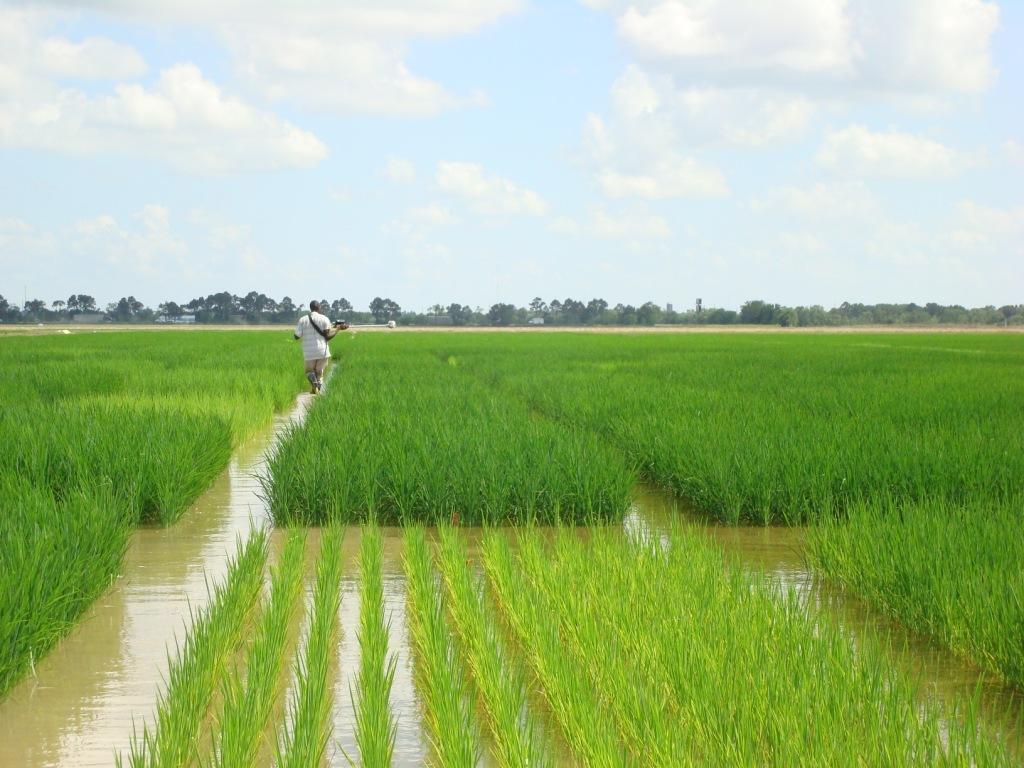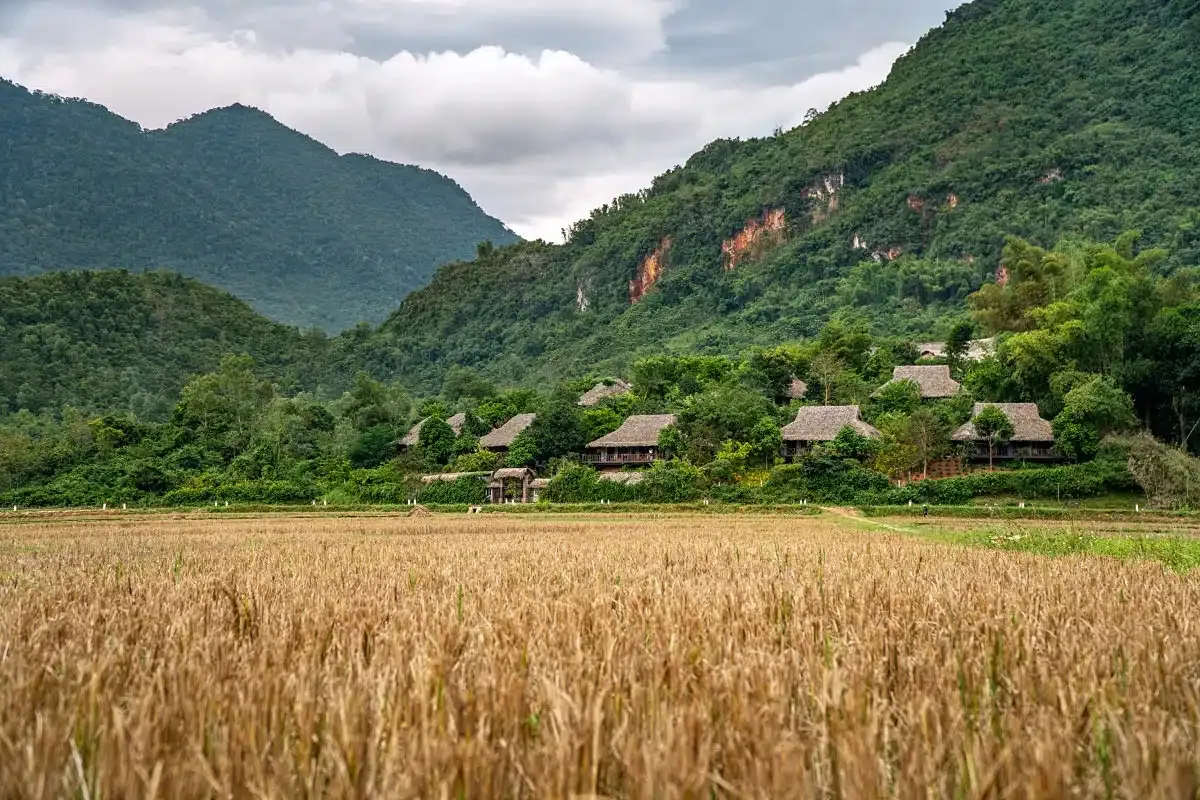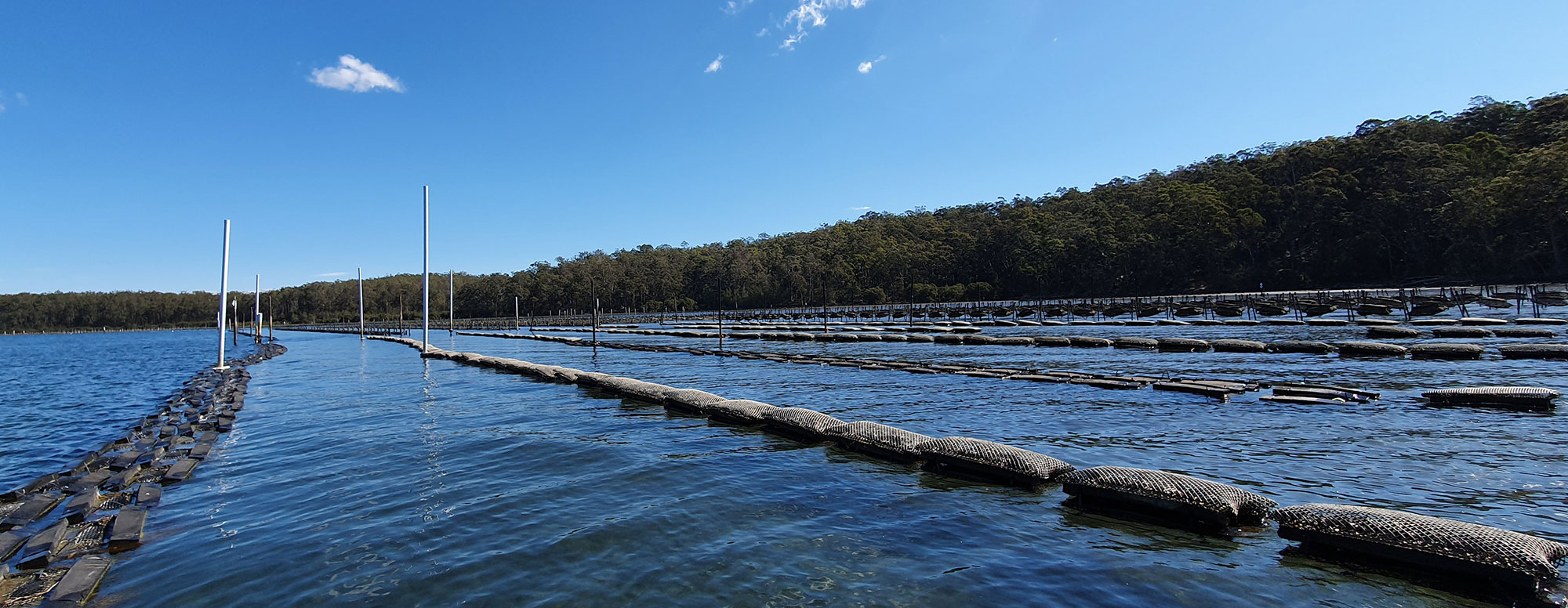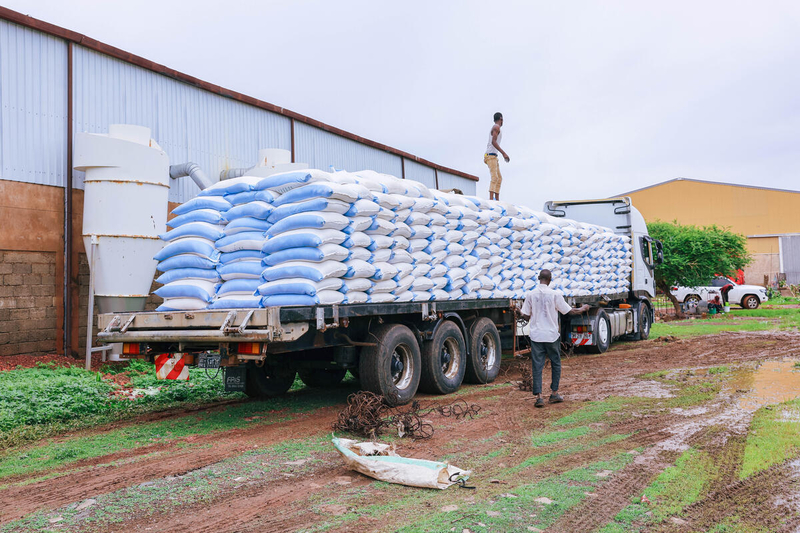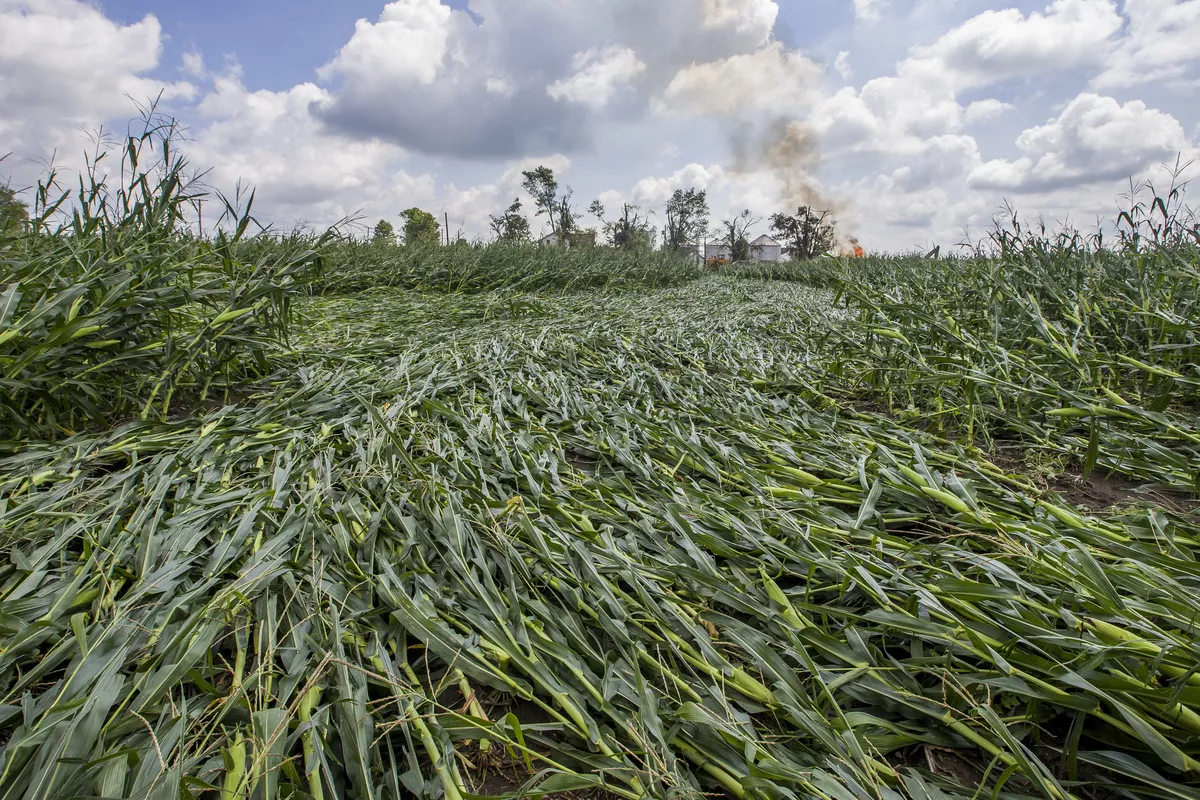MICRO-FINANCE institutions lend out to small farmers across the country. Their loan portfolio, however, is placed at risk whenever a devastating typhoon hits the country. Farmers, with destroyed crops, are not able to repay their loans when natural disasters occur. The overall viability of micro-lending institutions suffers as a result. But with micro-crop insurance in place, the operations of these credit institutions can continue to benefit our small farmers.
The Philippines is very dependent on its agricultural sector, which employs more than one-third of its work force. And yet, it faces huge risks from natural calamities, foremost of which are typhoons. The Philippines has been ranked as the third-most disaster-prone country in the world with an average of 20 typhoons every year. Some of which are very devastating.
The Binhi Micro-Crop Insurance Program of CARD Pioneer Microinsurance Inc. is the country’s first and only micro-agricultural insurance product. Binhi is the Tagalog word for seed. It is a crop insurance at the micro level. The first phase of the project was an indemnity-based crop insurance, which was launched in October 2016. The second phase of the project will be an index-based insurance product. It is available only, for the moment, to typhoon-related damages to rice and corn plantations in selected provinces.
Under the index-based insurance, the coverage amount can range from a minimum of P1,000 to P10,000. The premium can range from P16.67 to P1,000. The policy duration is from one month to six months. The product is designed to pay 100 percent if the damages sustained ranges from 80 percent to 100 percent. If the damage sustained ranges from 20 percent to 79 percent, the payment will be 50 percent of the policy amount. If the damage is 19 percent or below, no proceeds can be claimed. The program is currently on its pilot-testing phase. It is projected that the amounts involved will eventually be increased.
This insurance program is mandatory for all agri-loan borrowers of Center for Agriculture and Rural Development (CARD) Mutual Benefit Association, the largest micro-finance institution in the Philippines, and CARD Bank, a microfinance bank. It has over 2 million farmer clients. Nonetheless, this model is precedent-setting and can be replicated by other institutions. This initiative is supported by the International Finance Corp. (IFC) of the World Bank Group. The IFC is the largest global development institution focused exclusively on the private sector in developing countries. Vijayasekar Kalavakonda and Utako Hanna Saoshiro, both senior financial sector specialists of the IFC, and based in Indonesia, have been working closely with the Insurance Commission on this project.
The other supporters of this program include the Global Index Insurance Facility, a multidonor trust fund, which is also part of the World Bank Group’s Finance and Markets Global Practice. It is supported by the government of Canada. It is hoped that programs similar to this will, in time, benefit other micro-lending institutions.
Source - https://businessmirror.com.ph

